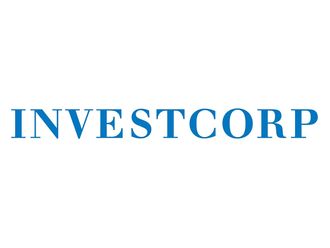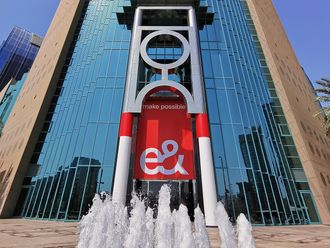London: Top Eurozone shares fell around 1.5 per cent on Monday, a relatively muted reaction to Greek voters’ rejection of austerity terms for a financial lifeline.
Banks bore the brunt of the sell-off, with the relevant Euro STOXX index touching a five-month low and a raft of Italian banks down 5 to 10 per cent.
Southern European lenders have been in the markets’ sights given their exposure to peripheral euro government debt, whose yields have risen on Greek fears.
With the Athens stock market shut, investors traded Greek assets listed in the United States: National Bank of Greece’s US shares were trading around 12.8 per cent lower at 1440 GMT while the Global X FTSE Greece 20 ETF (exchange-traded fund) was down around 6.5 per cent.
But the overall market fallout was relatively contained. The Eurostoxx 50 index was down 1.5 per cent, trading around mid-June levels, while the broader pan-European FTSEurofirst 300 was down 0.8 per cent. European stock-market volatility retreated.
Although several big banks said the risks of a Greek exit from the Eurozone had risen since Sunday’s “No” vote, investors pointed to the European Central Bank’s capacity to limit financial contagion and step in if market turmoil spread.
“The market is, rightly or wrongly, taking a great deal of credence of the fact that the ECB has many more defence mechanisms in place than it did in 2011-12,” said Andrew Milligan, head of global strategy at Standard Life Investments.
“Some of the measures we’ve seen already could be seen as a subtle signal by the ECB that it is ready to step up ... This point of the ECB being ready to step in is very important to the market reaction we’ve seen.” The International Monetary Fund improved the market mood somewhat by saying it was monitoring the situation in Greece and stood ready to lend a hand if asked. German Chancellor Angela Merkel was travelling to Paris later on Monday to agree a common stance towards Greece with President Francois Hollande.
One of the worst performers on the Stoxx Europe 600/sindex was not even in the eye of the Greek storm.
UK aerospace group Rolls-Royce lost 6 per cent after cutting profit expectations and scrapping a plan to buy back 1 billion pounds ($1.56 billion) of shares halfway through the programme.
With the US earnings season set to kick off and an improving economic backdrop in the Eurozone, JPMorgan strategists advised clients to cut risk exposure but added that markets would likely be higher on a three-to-six-month horizon.
Some portfolio managers echoed the optimistic outlook.
“We are still positive on Europe with regards to underlying fundamentals. We are positive on earnings and sales growth and are looking for continued earnings surprises,” Bill Street, EMEA head of Investment at State Street Global Advisors, said.
“We are still positively exposed to risky assets in the Eurozone and see this as a longer-term opportunity to remain invested in Europe.”












